“Mindfulness is the awareness that arises through paying attention, on purpose, in the present moment—non-judgmentally.”
~Jon Kabat-Zinn
Many of us live in a state of mental overdrive—thinking ahead, rehashing the past, or juggling multiple thoughts at once. We often forget the one place where healing begins: the present moment. This is where mindfulness steps in Mindfulness, the practice of bringing gentle awareness to the here and now, is more than a trend. Rooted in ancient traditions and supported by modern research, mindfulness offers powerful benefits for mental health, emotional balance, and overall well-being (Keng, Smoski, & Robins, 2011).
Mindfulness is the simple act of paying attention—on purpose, in the present moment, and without judgment (Kabat-Zinn, 1994). It doesn’t require clearing your mind or sitting cross-legged for hours. It can be as subtle as noticing your breath while washing the dishes or feeling the ground beneath your feet during a walk.
It’s about coming back to yourself, again and again, with kindness.
When practiced consistently, mindfulness has been shown to:
- Reduce symptoms of anxiety and depression
- Improve concentration and emotional regulation
- Lower stress and cortisol levels
- Enhance self-compassion and interpersonal relationships
(Sarma et al., 2023; Garland et al., 2015)
By slowing down and observing our thoughts and emotions rather than reacting automatically, mindfulness helps us break the cycle of overwhelm and burnout.
You don’t need anything fancy to start—just a few minutes and an open heart. Here are five simple ways to invite mindfulness into your daily life:
Mindful Breathing
Take a few deep breaths. Feel the air enter and leave your body. If your mind wanders (which it will), gently bring it back to the breath.
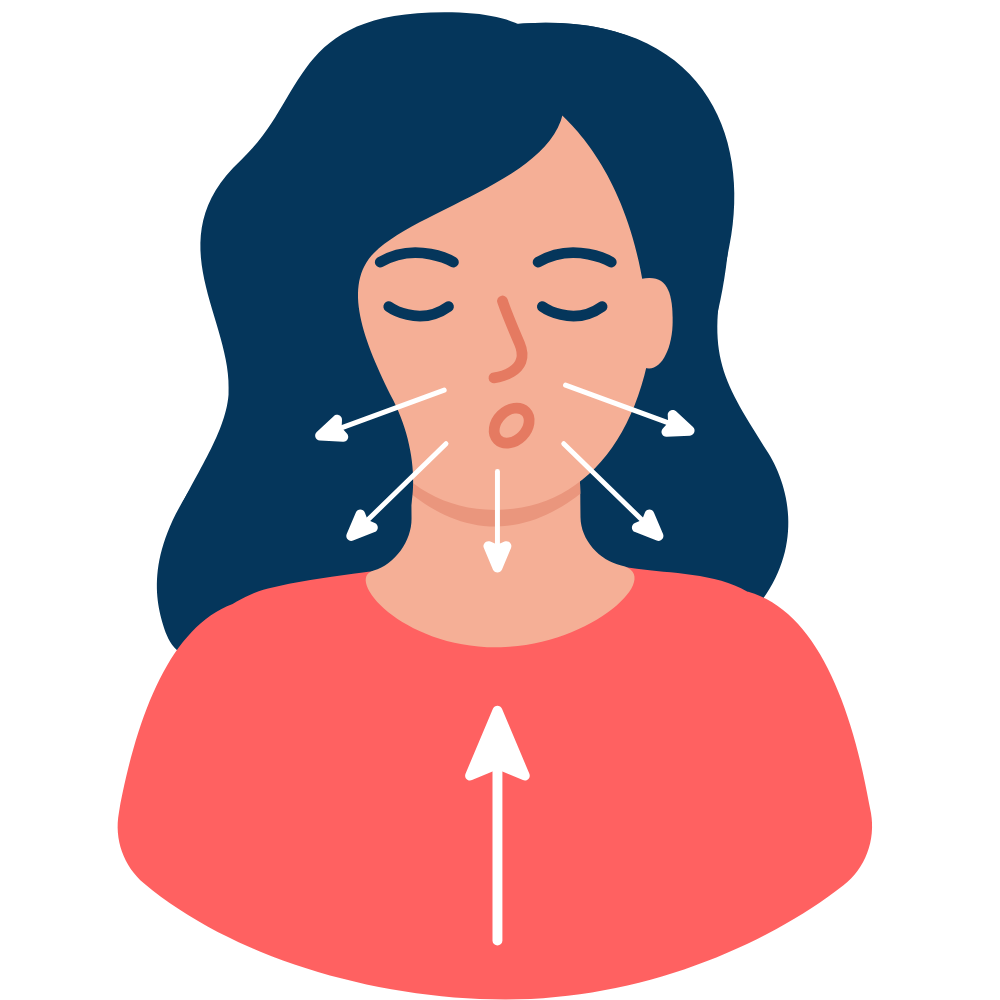
Mindful Eating
Eat slowly. Notice the texture, taste, and temperature of your food. Allow yourself to truly experience the act of eating.
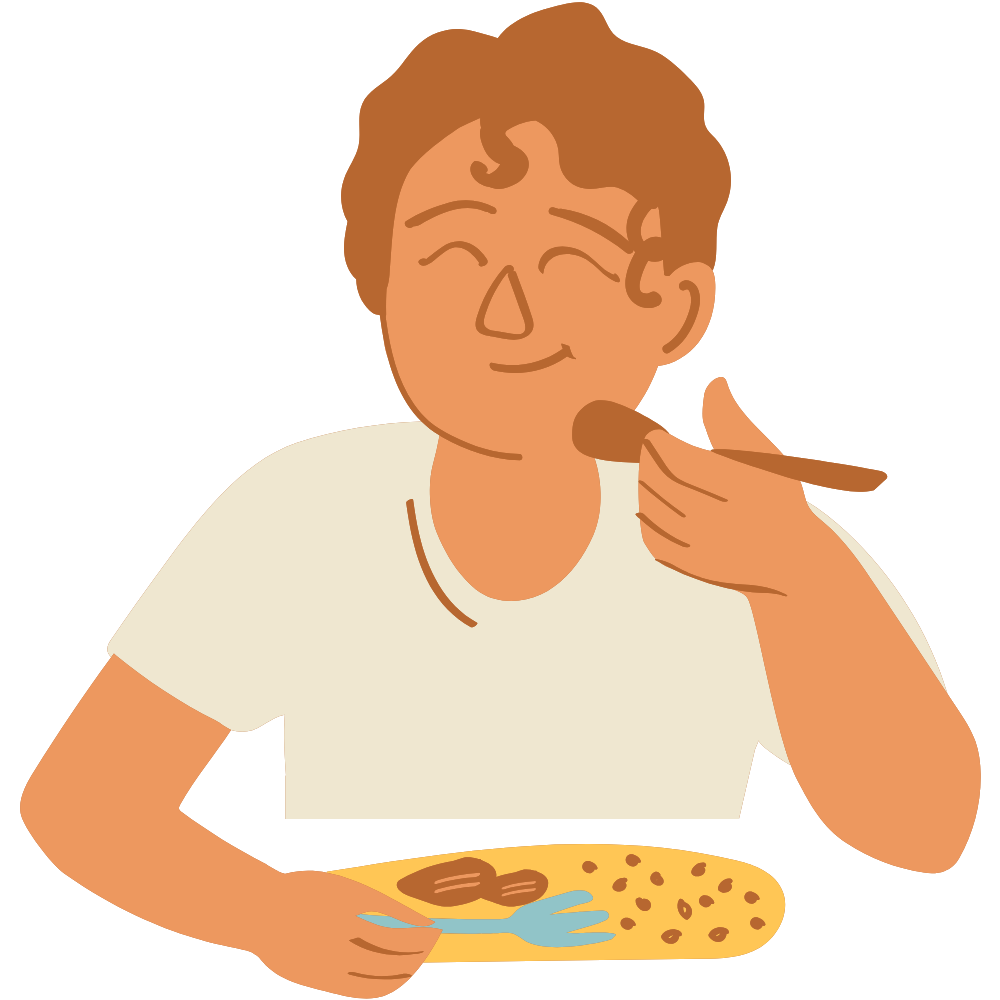
Body Scan
Sit or lie down, and bring awareness to each part of your body—starting from your toes to the top of your head. Notice any tension or sensations without trying to change them.
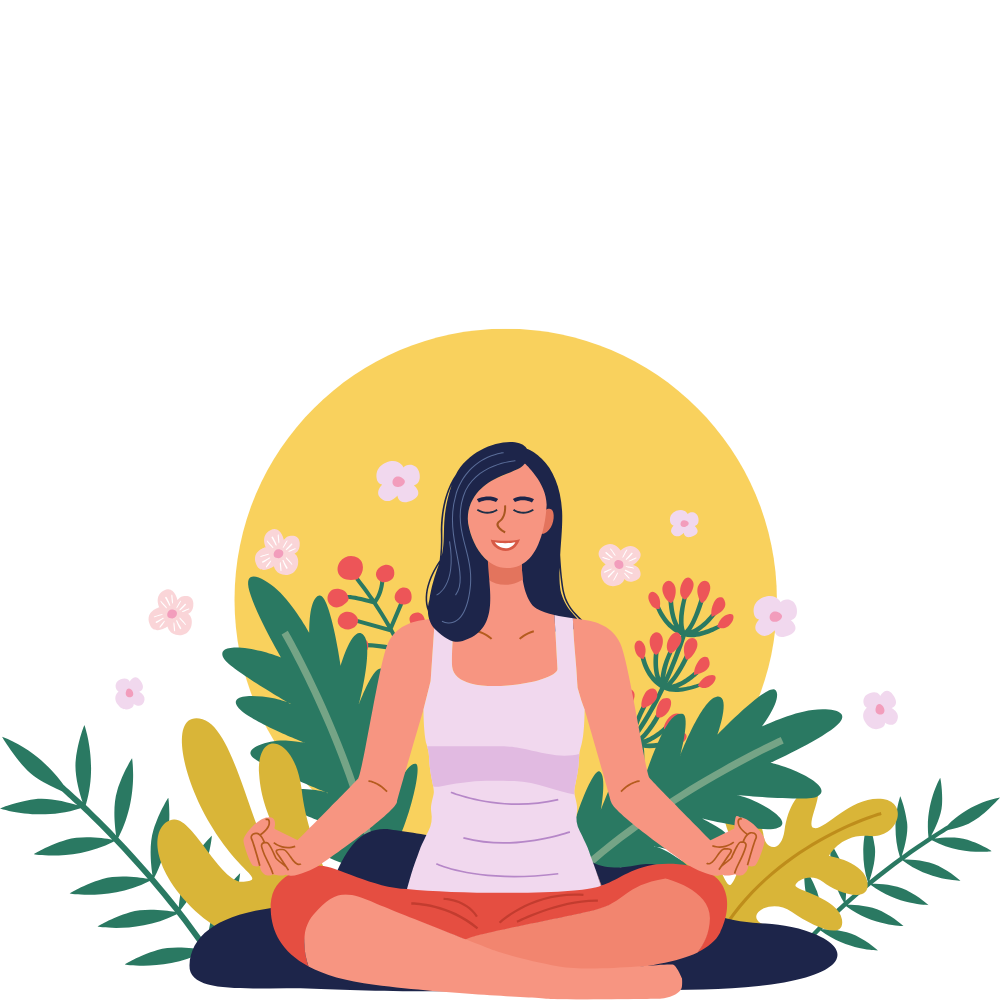
Mindful Walking
Feel the rhythm of your steps. Notice how your body moves. Feel the breeze, the sunlight, or the earth beneath your feet.
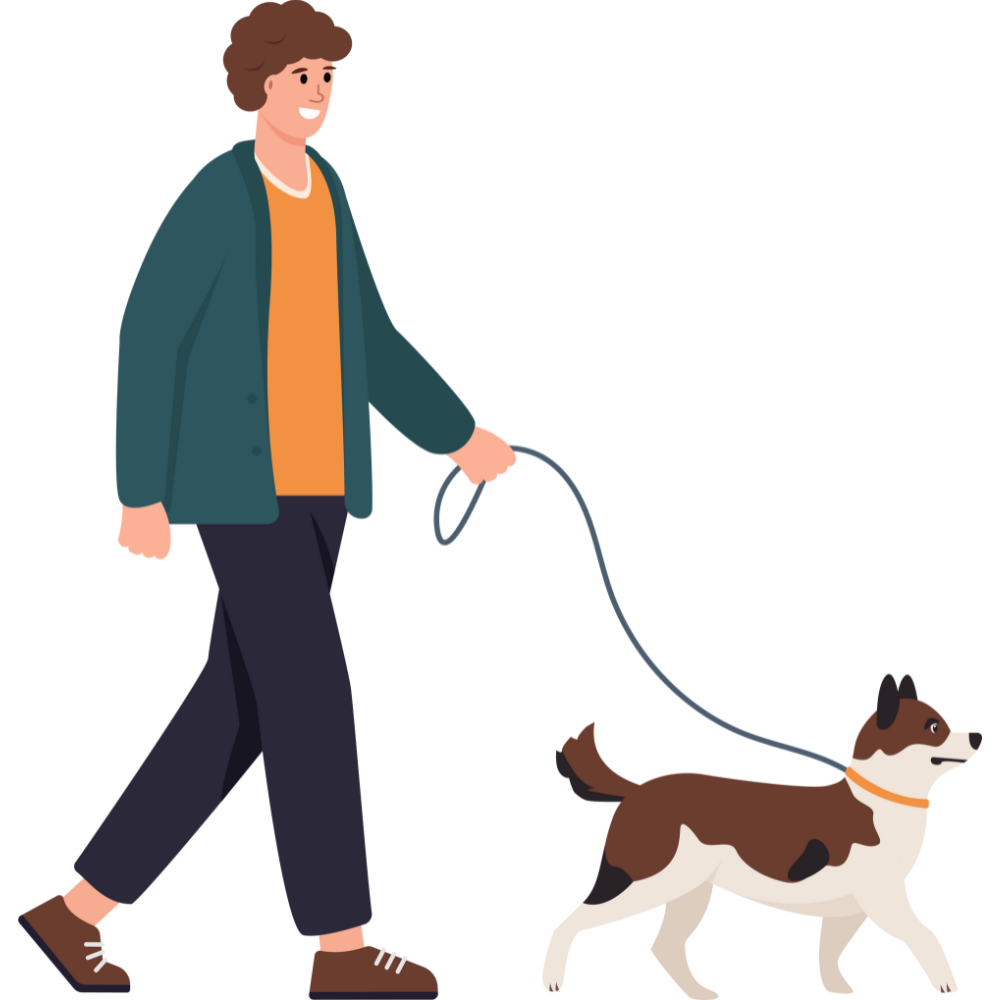
Five Senses Check-In
Pause for one minute and ask yourself: What do I see? Hear? Smell? Taste? Touch? This practice can ground you in the present instantly.
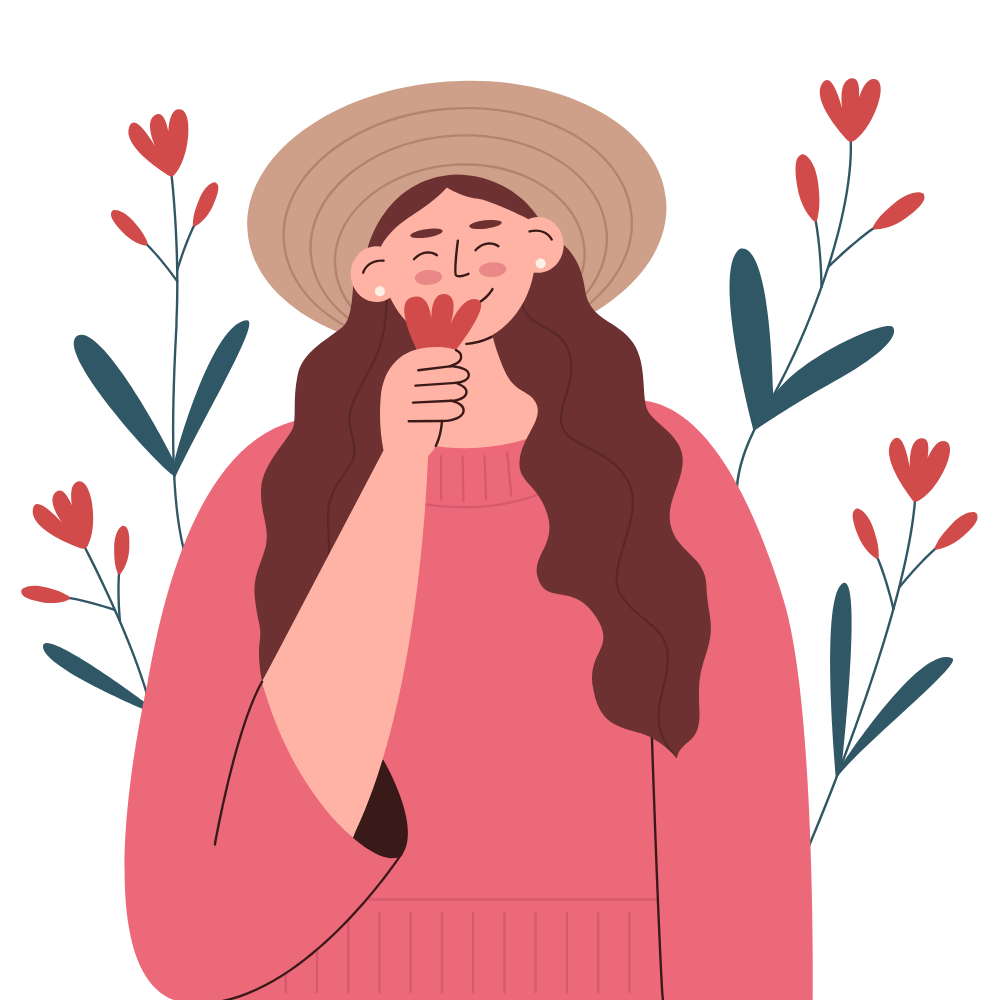
Mindfulness-Based Interventions (MBIs) have been increasingly used in clinical settings to treat stress, anxiety, PTSD, and even chronic pain (Khoury et al., 2013). According to a 2023 review, regular mindfulness practice enhances psychological flexibility, reduces emotional reactivity, and improves quality of life for individuals across age groups and professions (Sarma et al., 2023).
You don’t need to be perfectly calm to practice mindfulness. You just need to show up. Even one mindful breath during a busy day is a win. It’s not about escaping your thoughts, it’s about gently observing them and remembering that you’re more than your worries.
In a world that often pulls us in every direction, mindfulness is a quiet act of coming home to ourselves.
References
Garland, E. L., Geschwind, N., Peeters, F., & Wichers, M. (2015). Mindfulness training promotes upward spirals of positive affect and cognition: Multilevel and autoregressive latent trajectory modeling analyses. Frontiers in Psychology, 6, 15.
Kabat-Zinn, J. (1994). Wherever you go, there you are: Mindfulness meditation in everyday life. Hyperion.
Keng, S.-L., Smoski, M. J., & Robins, C. J. (2011). Effects of mindfulness on psychological health: A review of empirical studies. Clinical Psychology Review, 31(6), 1041–1056.
Khoury, B., Lecomte, T., Fortin, G., Masse, M., Therien, P., Bouchard, V., … & Hofmann, S. G. (2013). Mindfulness-based therapy: A comprehensive meta-analysis. Clinical Psychology Review, 33(6), 763–771.
Sarma, S. S., Singh, N., Kumar, A., & Malhotra, S. (2023). Mindfulness-based interventions and psychological outcomes: A systematic review. Journal of Affective Disorders Reports, 12, 100507.





